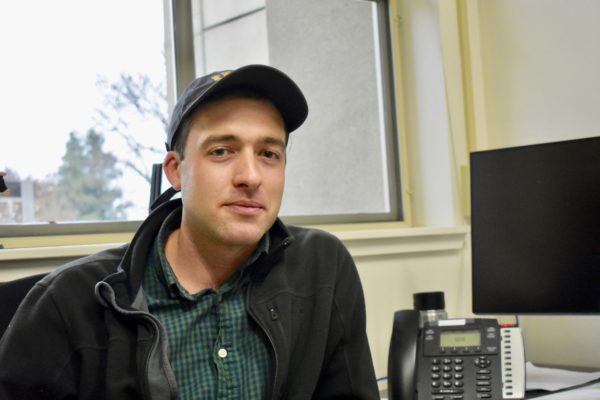Organic Farming and Tillage
Is Tillage a Problem for Organic Agriculture?
By Tim Hammerich, with the Ag Information Network
Certified organic farmers often have to incorporate tillage to make up for the chemical tools that they’re not allowed to use. So does this mean organic agriculture is not compatible with building soil health?
“There are other preventative means that organic farmers use: diverse crop rotations, cover crops. And a lot of the strategies that we now know are fundamental to building soil health more generally,” said University of Wisconsin-Madison Assistant Professor Erin Silva. “So when we look at the bigger picture, we’re also adopting a lot of strategies that we know build soil health. So when we look at the five soil health principles, organic is really hitting most, if not all of those, depending on the system and the strategies that the farmers are adopting,” noted Silva, adding. “Organic agriculture was built on soil health principles and is helping farmers find ways to decrease soil disturbance where possible.”
“In organic production the use of herbicides is quite limited. There are some organically approved herbicides, but because of their effectiveness and costs, they’re very rarely used. So, one of the strategies to manage weeds in organic systems is through tillage. Either primary tillage prior to planting or cultivation, which also is disturbing the soil,” said Silva.
Silva said a lot of organic farmers also incorporate livestock for weed control and soil health.










